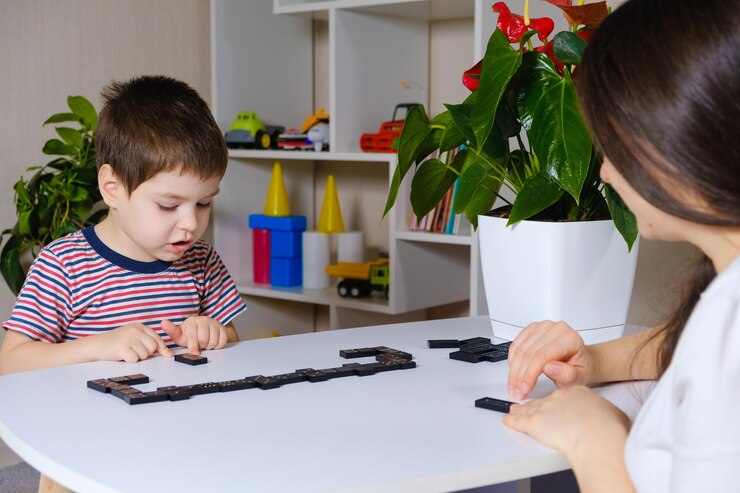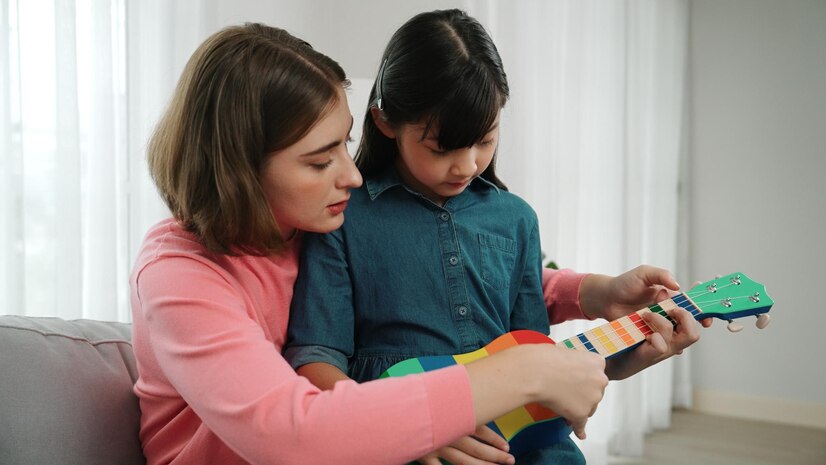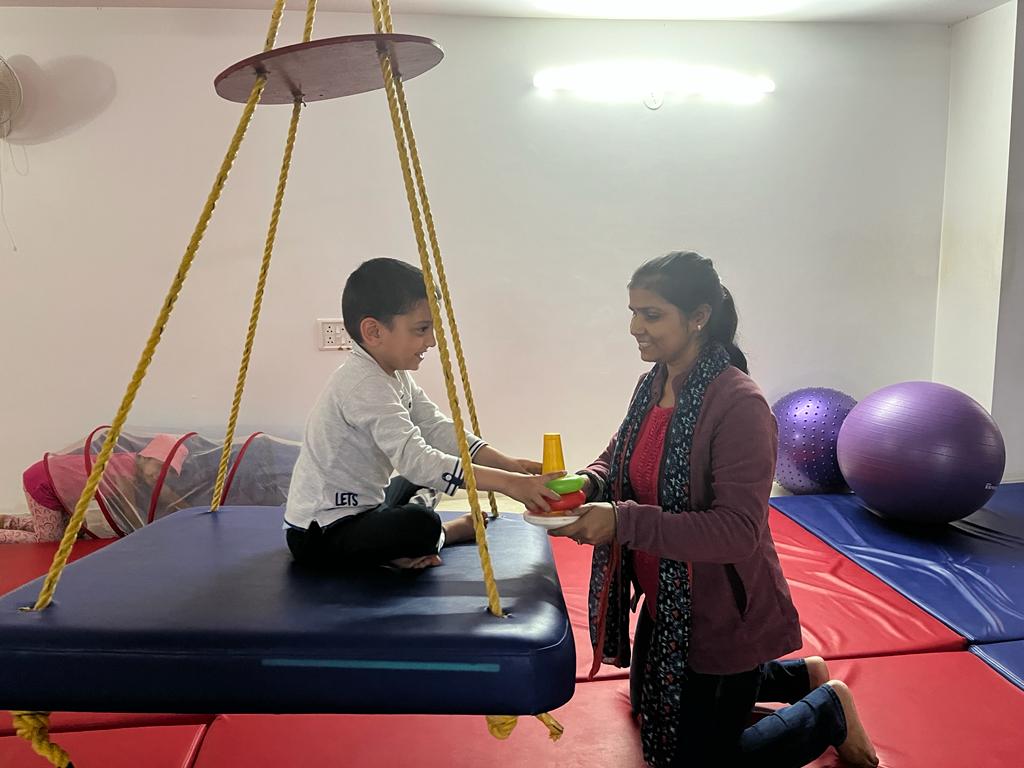
If you’re a parent of a child with autism, you may find yourself asking: When should I start applied behavior analysis (ABA) therapy for my child? Or how much ABA therapy is actually necessary? Perhaps, you’ve even wondered how long your child will need ABA to see actual progress.
These questions aren’t just common—they’re super important! For many families, understanding the timing, intensity, and duration of ABA therapy can feel like navigating uncharted waters. But here’s the truth: these factors can profoundly shape your child’s developmental journey.
So, let’s dive into the answers and explore how starting ABA at the right time can make a world of difference for your little one.
What Is ABA Therapy and Why Does Timing Matter?
ABA therapy is a scientifically proven approach to understanding and improving behaviors while teaching new skills. It is widely recognized as the gold standard for autism treatment due to its individualized and evidence-based methods.
Besides, research has consistently shown that early intervention (EI) leads to the best outcomes in children with autism. EI helps kids build essential life skills from the very beginning, creating a strong foundation that lasts a lifetime.
The first three years of life are a time of incredible growth and learning. If a child faces challenges like communication delays, these early years are the perfect time to step in and make a big difference! (Source)
Advantages of Starting ABA Early in Children with ASD –
Here’s why starting ABA early can set your child on a path to developmental success:
- Maximizing Brain Plasticity: Early intervention taps into the brain’s natural ability to adapt and learn during critical developmental stages. For example, a child with a speech delay learns to use words or gestures through therapy, making communication easier as they grow.
- Building a Strong Foundation: Early ABA equips children with essential communication, social, and self-help skills that can positively impact their schooling and peer relationships. Consider this: Through a personalized ABA plan, the child learns how to ask for help in a manner that works best for them, paving the way for better interactions with teachers and classmates.
- Reducing Problem Behaviors: A child who struggles with tantrums and communication issues can learn to express their needs calmly through sign language or words. Here, the earlier ABA begins, the sooner challenging behaviors can be addressed and replaced with functional alternatives.
- Fostering Independence: ABA helps children become more self-reliant, easing the transition into adulthood. Through the course of the intervention, your child can learn to dress themselves or brush independently, building confidence and daily living skills.
Contact Early Autism Ventures to schedule a FREE consultation today!
What is the Best Time to Start ABA Therapy
The short answer? The earlier, the better.
While it’s never too late to start ABA therapy, studies highlight the importance of beginning treatment during the early developmental window (ages 2-5). During this time, children’s brains are more malleable, meaning they’re better able to absorb and retain new information.
In fact, a study even found that a remarkable 47% of young children who received intensive ABA therapy achieved typical educational and developmental milestones, compared to only 2% in the control group.
Are you still thinking, is my child too old for ABA therapy?
Well, the reality is that ABA therapy can be beneficial at any age. Whether it’s a toddler newly diagnosed with ASD, a teenager navigating social challenges, or a young adult preparing for independence, ABA therapy is adaptable to meet each individual’s needs and support them holistically.
What’s important is starting as soon as you recognize your child may need extra support.
Finding the Right Balance: Why Quality Matters More Than Quantity
Raising a child with ASD can bring a whirlwind of questions. You might find yourself thinking:
Does my child need 10 hours or over 40 hours of therapy per week?
Will more hours guarantee better outcomes?
How long should you do ABA?
The questions may seem endless!
Research suggests that higher-intensity programs often yield the best results, especially for younger children. And when a child is diagnosed with autism, doctors often recommend intensive therapies, sometimes up to 20-40 hours a week, to support their development.
But surprisingly, a new 2024 study led by Dr. Micheal Sandbank from the UNC School of Medicine shows that more therapy doesn’t always mean better results.
The research analyzed data from 144 studies involving over 9,000 kids aged 0 to 8; they found that increasing therapy hours didn’t exactly lead to better outcomes for autistic children.
“We didn’t find strong evidence that more therapy equals better results,” said Dr. Sandbank. Instead, the study suggests focusing on what’s developmentally right for the child and manageable for the family.
These findings essentially highlighted the importance of quality over quantity when it comes to intervention. It also asserts that every child is unique, and the intensity and personalization of therapy depend on factors such as your child’s specific needs and developmental goals, as well as the family’s schedule and priorities.
Well, here’s the good news: at EAV, our skilled ABA providers and behavior analysts will closely assess your child’s needs and develop a customized plan that balances effectiveness with your family’s lifestyle.
How Long Should ABA Therapy Continue for Best Results?
Another frequent question parents ask is: How much time will it take before I see progress in my child with autism?
The duration of ABA therapy varies from child to child. While some may achieve their goals within a few years, others may benefit from ongoing support. Progress with ABA depends on:
- The severity of your child’s challenges.
- The consistency of therapy.
- Parental involvement and reinforcement at home.
Studies reveal that children receiving ABA therapy for 1-3 years demonstrate significant improvements in communication, social skills, and adaptive behaviors. However, small milestones can often be seen within weeks or months.
Let’s reiterate the benefits of starting ABA early:
- Maximizing Brain Plasticity
- Building a Strong Foundation
- Reducing Problem Behaviors
- Fostering Independence
At Early Autism Ventures (EAV), we specialize in early intervention and personalized ABA therapy. Our team of experienced and compassionate therapists works closely with your family to design a program tailored to your child’s unique needs.
We start with comprehensive assessments to understand your child’s unique strengths, challenges, and goals, creating a truly personalized plan. With a family-centered approach, we make parents and caregivers an essential part of the process, ensuring you’re empowered every step of the way.
Our experienced team of highly trained therapists uses proven, evidence-based methods, all dedicated to helping your child succeed. Plus, our flexible services—offering in-home, center-based, or hybrid ABA programs—are designed to fit seamlessly into your family’s lifestyle!
We’re here to answer your questions, guide you through the process, and provide the highest quality care for your child. Call us now at +91 89291 53820 or WhatsApp us.
Your child’s potential is limitless—let’s explore it together.












Recent Comments